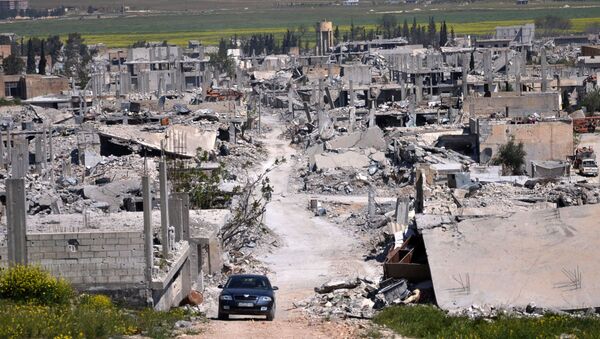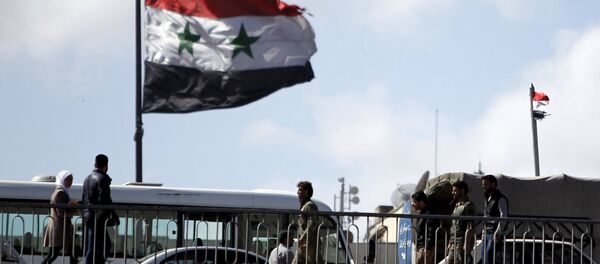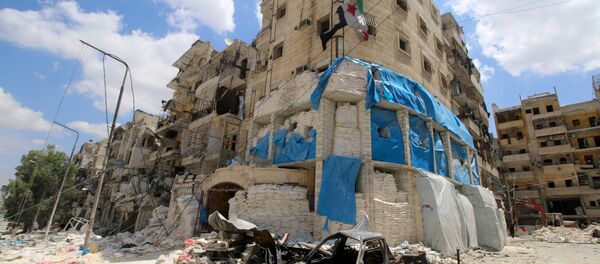In June 2015, Kurdish forces from the People's Protection Units (YPG) regained full control of Kobani, liberating it from Daesh (ISIL/ Islamic State) terrorists.
Ehmed said that all the hospitals in Kobane had been destroyed after the city was attacked by Daesh and that right now, there are only two hospitals in Kobani for the military and civilian population.
"We receive about 100 people each day, with a total of 37 doctors working in the city. All of our health services are free," he said.
He added that the situation with medicine supplies and the conditions of treatment seriously aggravated after Turkey gave up taking in all those injured in Kobani.
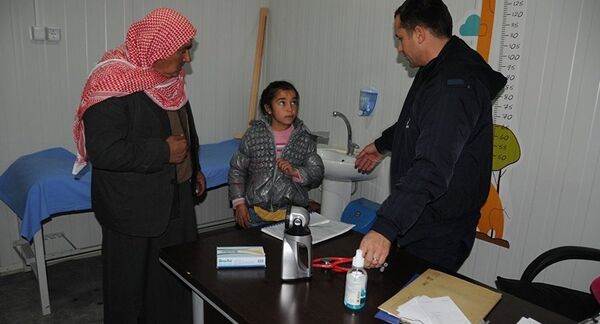
He also said that several medics from Doctors Without Borders expressed their readiness to come to Kobani to treat the locals, but that Turkey refused to issue permission for them to cross the border.
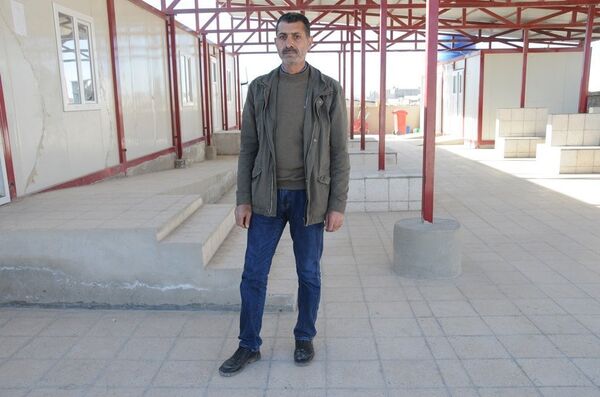
"We have to send the seriously injured patients to the northeastern city of Al-Qamishli, but it takes us about 4 hours to get there and many patients die during the journey," he said.
Ehmed said that medics and patients would take only 15 minutes to reach Turkey, where hospitals are equipped with the required modern medical equipment.
"We do not have the necessary medical equipment and we desperately need more medicines, including painkillers and vaccines, to help stave off epidemics. We need the international community to help resolve the humanitarian catastrophe that our region is going through," he said.
Syria has been mired in a civil war since 2011, with government forces fighting numerous opposition factions and Islamic terrorist groups, including Daesh.
Kobani is currently home to about 200,000 people, with medicines previously supplied there from Homs and Damascus.

